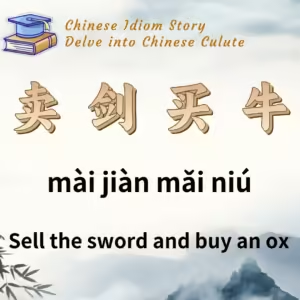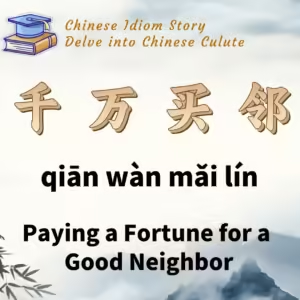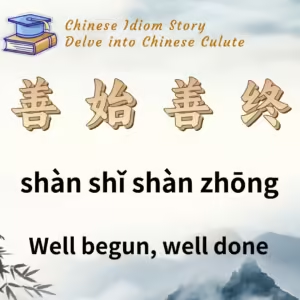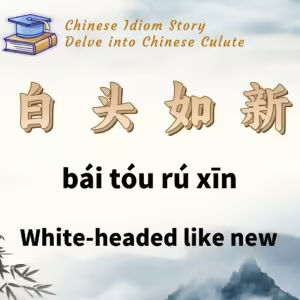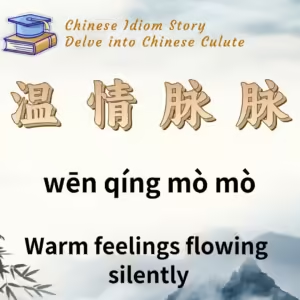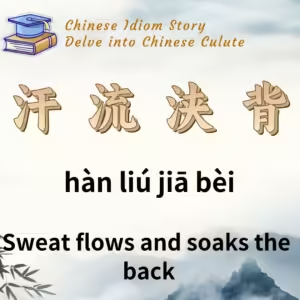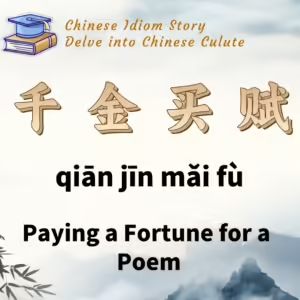
Chinese Idiom: 千金买赋 (Qian Jin Mai Fu)
English Translation: Paying a Fortune for a Poem
pīn yīn: qiān jīn mǎi fù
Idiom Meaning: Refers to the idea that even a large amount of money cannot buy the fulfillment of one’s ambitions or desires. It highlights the difficulty of achieving one’s goals despite significant effort or expenditure.
Historical Source: Poem Bai Tou Yin (《白头吟》) by Li Bai from the Tang Dynasty.
Idiom Story:
Chen Huanghou, the empress of Emperor Wu of Han, fell out of favor and was exiled to the Changmen Palace. Overcome with grief and longing, she heard of the renowned poet Sima Xiangru from Chengdu in the Shu region, who was celebrated for his exceptional writing.
Desperate to ease her sorrow and regain the emperor’s affection, Chen Huanghou decided to send a large gift to Sima Xiangru. She offered a hundred pounds of gold as a gesture to cover his expenses and requested that he compose a piece that might uplift her spirits.
In response, Sima Xiangru wrote a poem titled Changmen Fu (《长门赋》), which he sent to Chen Huanghou. The poem was intended to awaken the emperor’s conscience and rekindle his feelings for the empress.
Upon receiving the poem, Chen Huanghou presented it to the emperor. The poignant and eloquent piece indeed touched the emperor, leading to Chen Huanghou’s restoration to favor.
The idiom “千金买赋” (Paying a fortune for a poem) has come to symbolize the idea that no amount of money can always achieve one’s deepest desires or resolve one’s troubles, as illustrated by Chen Huanghou’s attempt to use wealth to change her fate.

